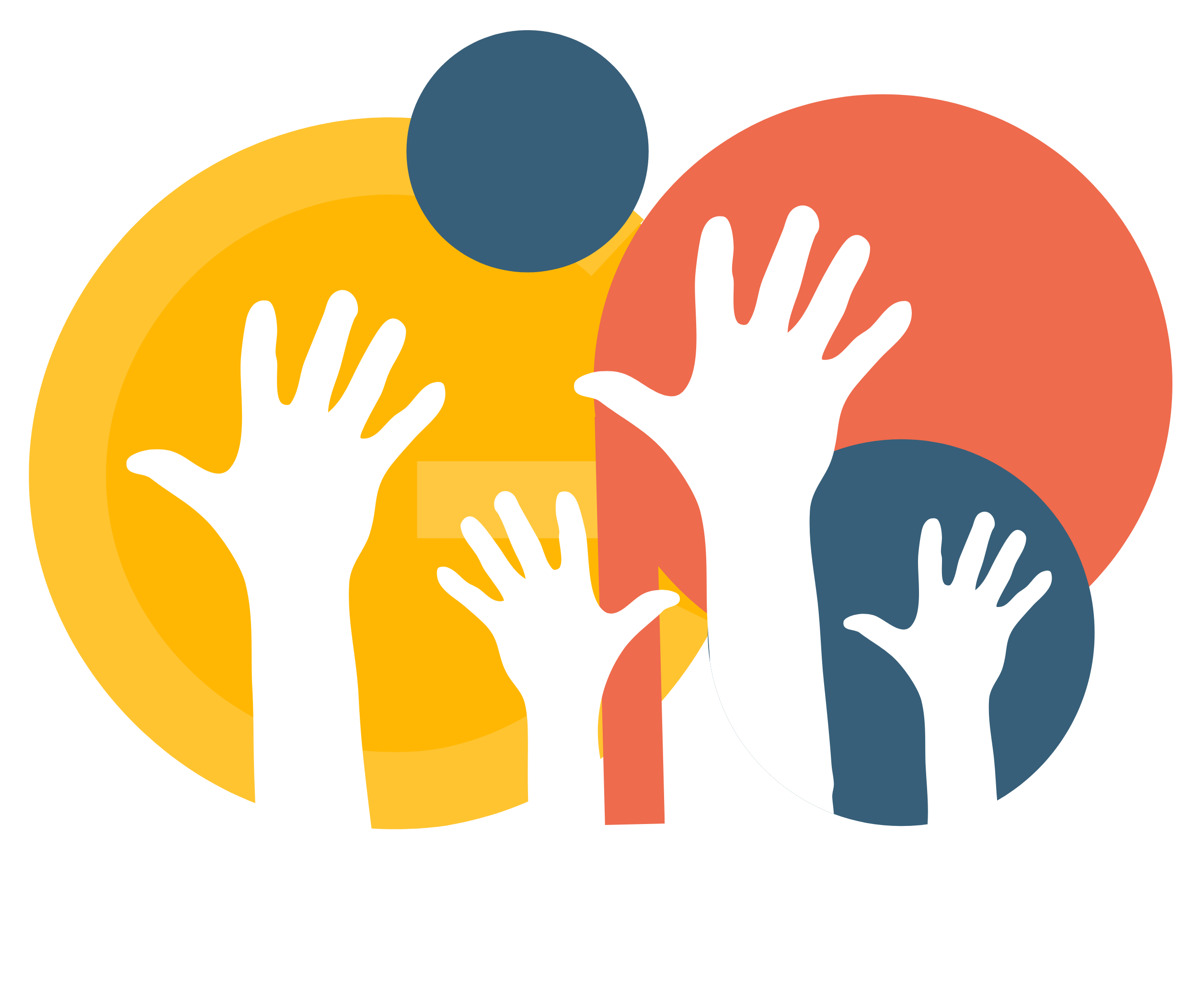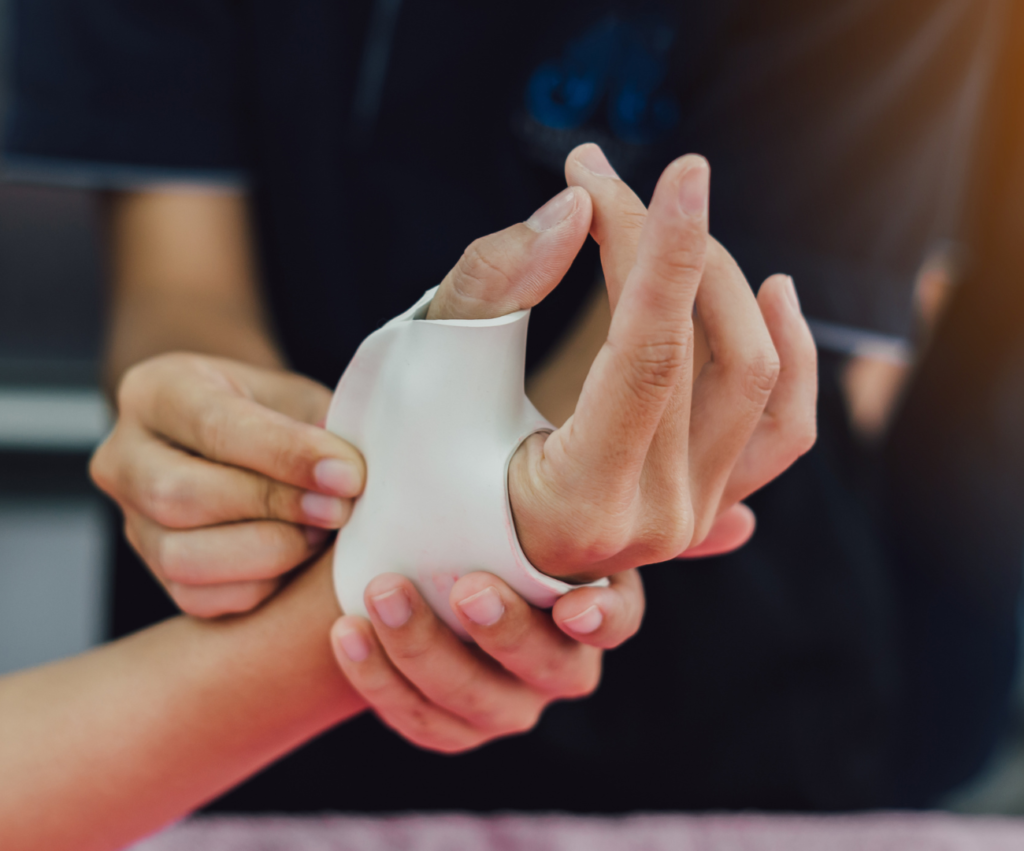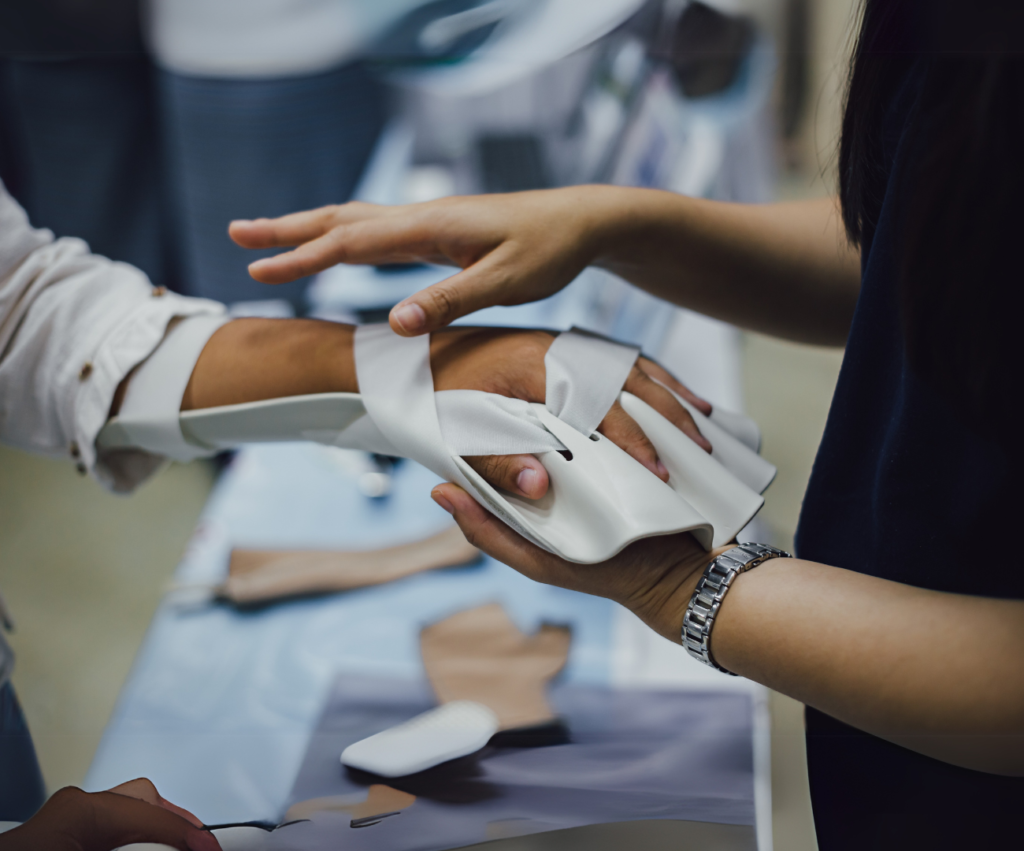
Dr. Gaurav Pagare specializes in hand and wrist microsurgery, addressing complex injuries like fractures, tendon damage, and dislocations.

Dr. Gaurav Pagare specializes in hand and wrist microsurgery, addressing complex injuries like fractures, tendon damage, and dislocations.


We use advanced diagnostic tools, including X-rays, MRI, and ultrasound, to identify the exact nature and severity of your injury.
For fractures and dislocations, we may use splints, casts, or braces to immobilize the affected area and promote healing.
Swelling and pain are managed with medications, ice, and elevation.
Non-Surgical Treatments: Many injuries can heal with immobilization, physical therapy, and medications.
Surgical Treatments: Severe injuries, like complex fractures or torn tendons, may require surgery to repair and restore function.
After the initial treatment, our focus shifts to rebuilding strength and mobility through guided physiotherapy.
Our team ensures you have a clear understanding of at-home exercises to maintain progress.
Avoid using the injured hand or wrist and keep it stable.
Use a cloth-wrapped ice pack to reduce swelling and pain.
Keep your hand or wrist elevated to minimize swelling.
Early intervention ensures the best outcomes.
Adhere to your doctor’s instructions regarding splints, casts, or medications.
Perform exercises as recommended to regain strength and mobility.
Watch for signs like increased pain, redness, or swelling, which may indicate infection or complications.
Refrain from heavy lifting or activities until cleared by your doctor.
Signs include severe pain, swelling, bruising, inability to move the hand or wrist, and visible deformities like a bent finger or wrist.
While some minor sprains or bruises may heal with rest and care, it’s essential to consult a doctor to rule out hidden damage. Delayed treatment can lead to complications.
Recovery depends on the injury type. Minor injuries may heal within a few weeks, while severe fractures or surgeries may require months of rehabilitation.
Not all injuries require surgery. Non-surgical treatments like splints, therapy, and medication are often sufficient. Surgery is reserved for severe or complex cases.
Your return to normal activities depends on the severity of the injury and your recovery progress. Physical therapy can accelerate the process.
Untreated injuries can lead to chronic pain, stiffness, reduced mobility, or permanent deformity. It’s crucial to seek timely care.